
Whey Protein Chocolate Covered Almonds
Almonds are one of the healthiest nuts around and have a number of health benefits. They contain phytosterols, unsaturated fatty acids, vitamin E, magnesium, copper and manganese. Studies suggest they are good for your heart, immunity, skin and cognition too.
Dark chocolate is also a powerhouse of an ingredients when it comes to heart health. Combine it with almonds and protein and, well, you end up with a wonderfully tasty and nutrition-packed treat: dark chocolate & protein covered almonds.
The idea here is simple. Take your almonds and cover them in protein-enriched dark chocolate. The result is a powerful snack that’s filling, satisfying, and packed full of nutritious goodness. Give this a go:
Ingredients:
34 grams
85% dark chocolate
6 grams coconut oil
17 grams chocolate whey protein powder (you can use Whey 80, Whey 360, or Whey 360 Extreme)
A bunch of cinnamon (could also use cocoa powder or a mixture of both cinnamon and cocoa)
Handful of almonds (100 or so)
Directions:
1. Melt the chocolate and coconut oil in a bain marie (i.e. in a pot inside a pot of boiling water).
2. Spread a bunch of cinnamon and chocolate whey (could also use vanilla though) in a baking gray.
3. Grab about 100 almonds and add them to the chocolate and coconut oil once this has melted. Once they’re covered in chocolate, place them in the cinnamon/whey and roll them until they’re fully coated.
Macros per Almond: 9.8kcals 0.45g protein 0.3g carbs (o.2g fiber) 0.84g fat.
Feel free to play around with the recipe, if you like it sweeter, add some refined sugar or sweetener to the cinnamon/whey. Use a lower % chocolate (you could also make it with milk “chocolate” if you’re into that). Enjoy!
3 Replies to “Whey Protein Chocolate Covered Almonds”
You must be logged in to post a comment.


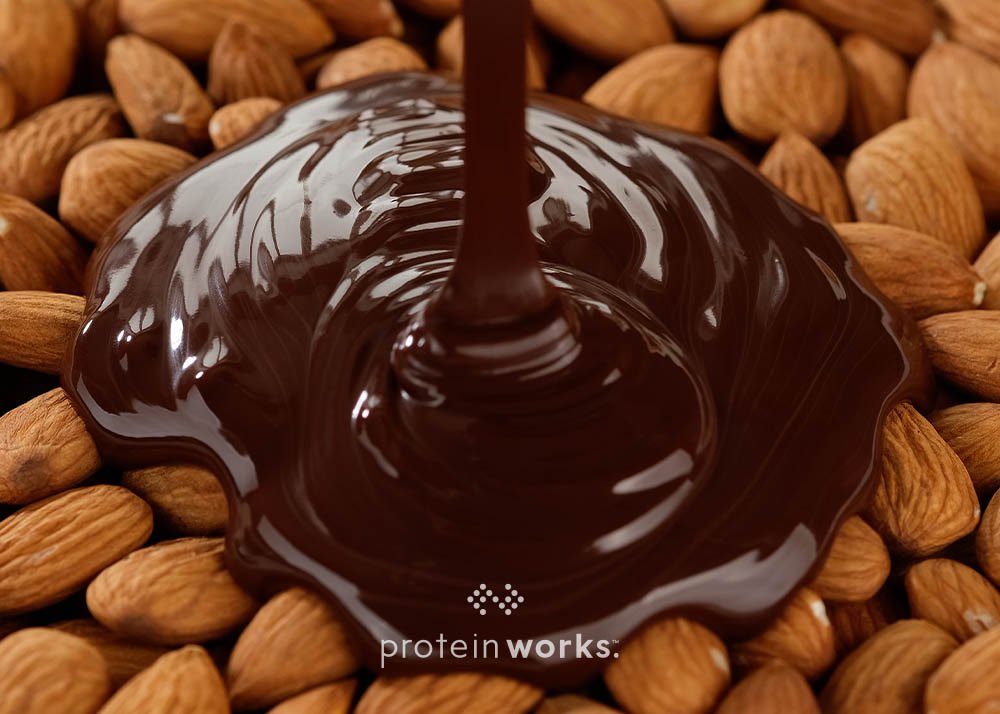
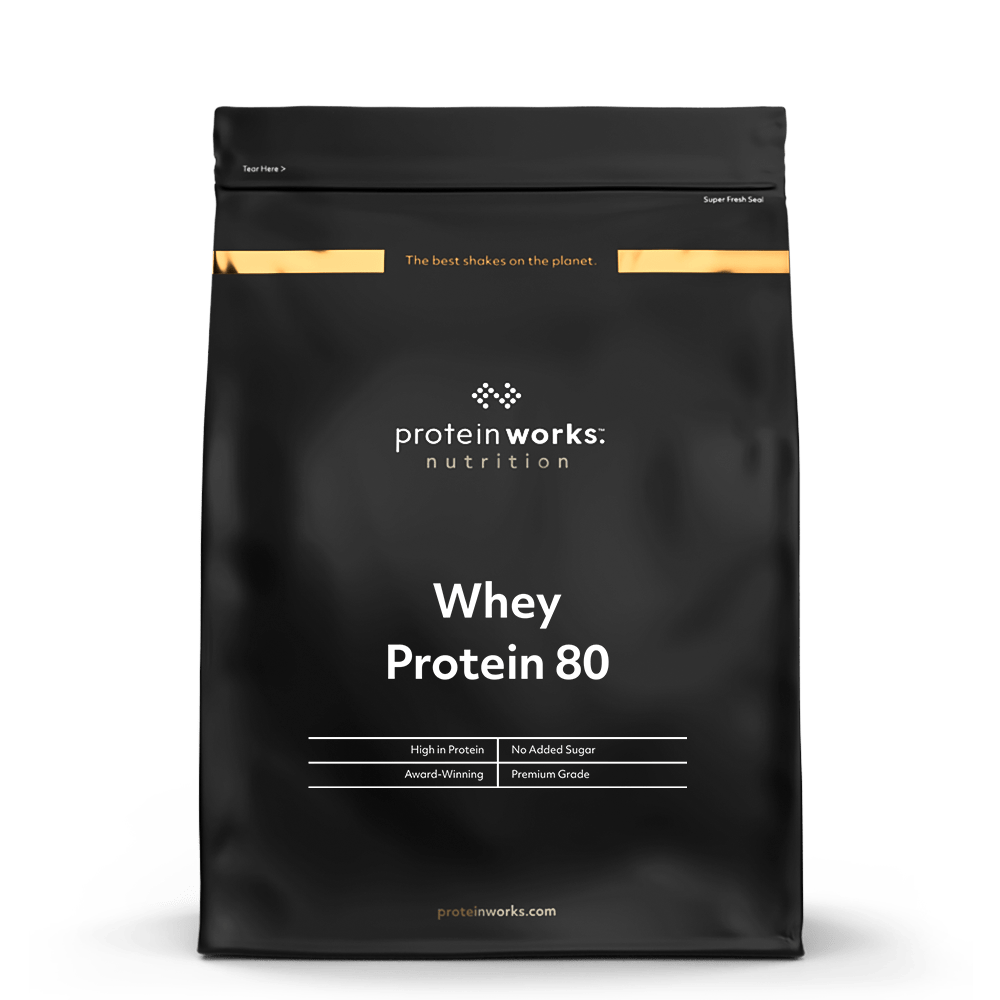
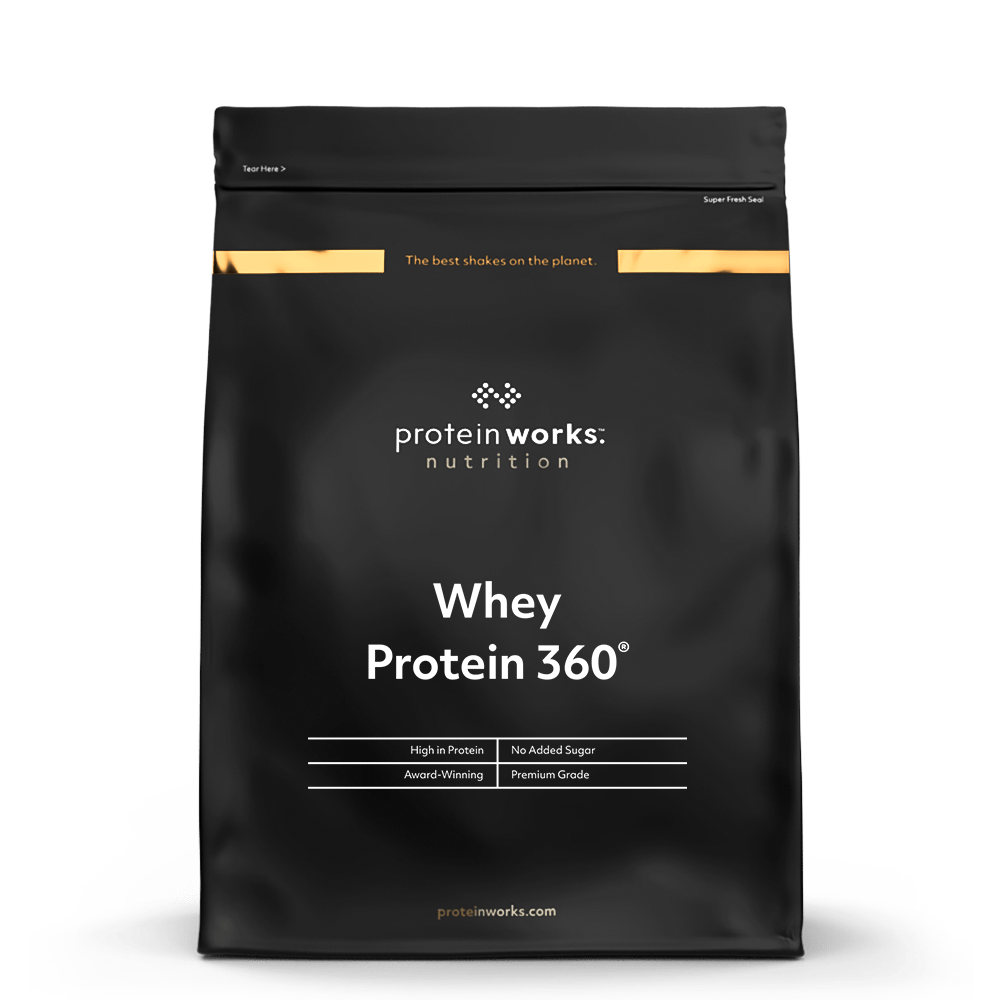
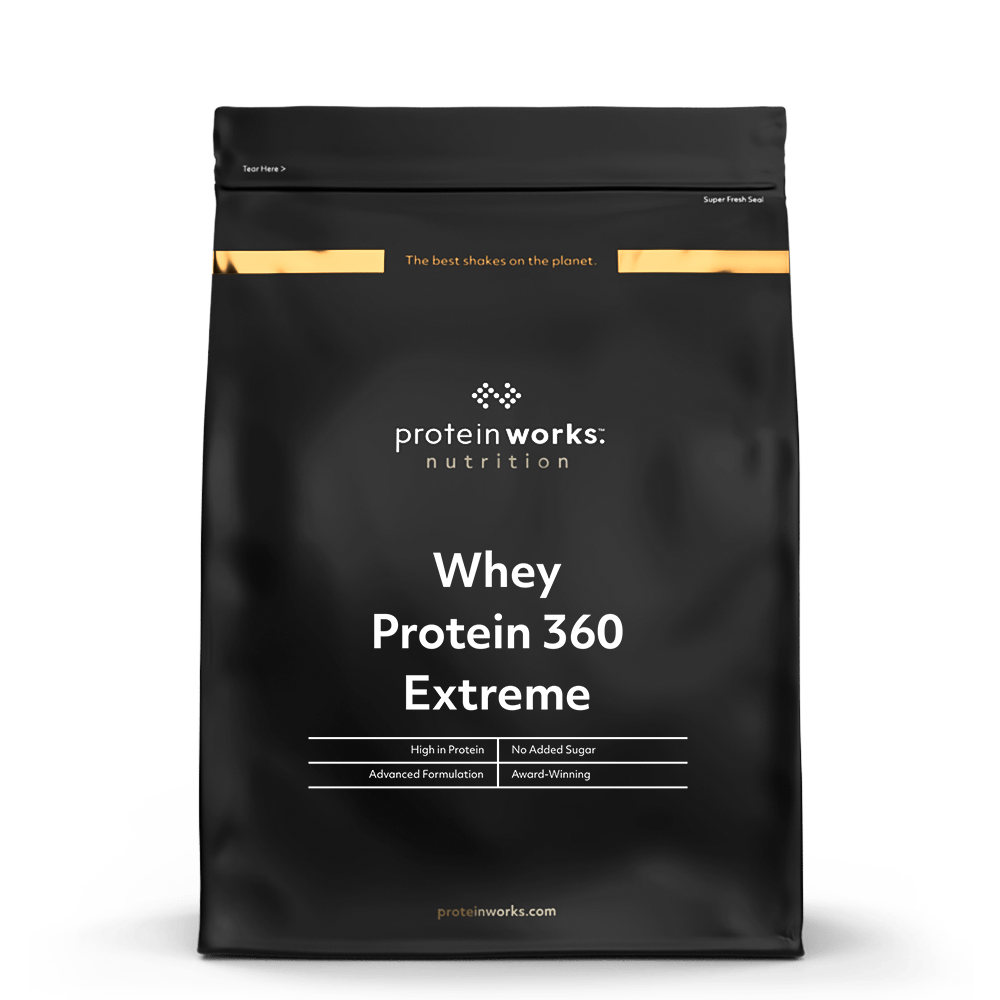
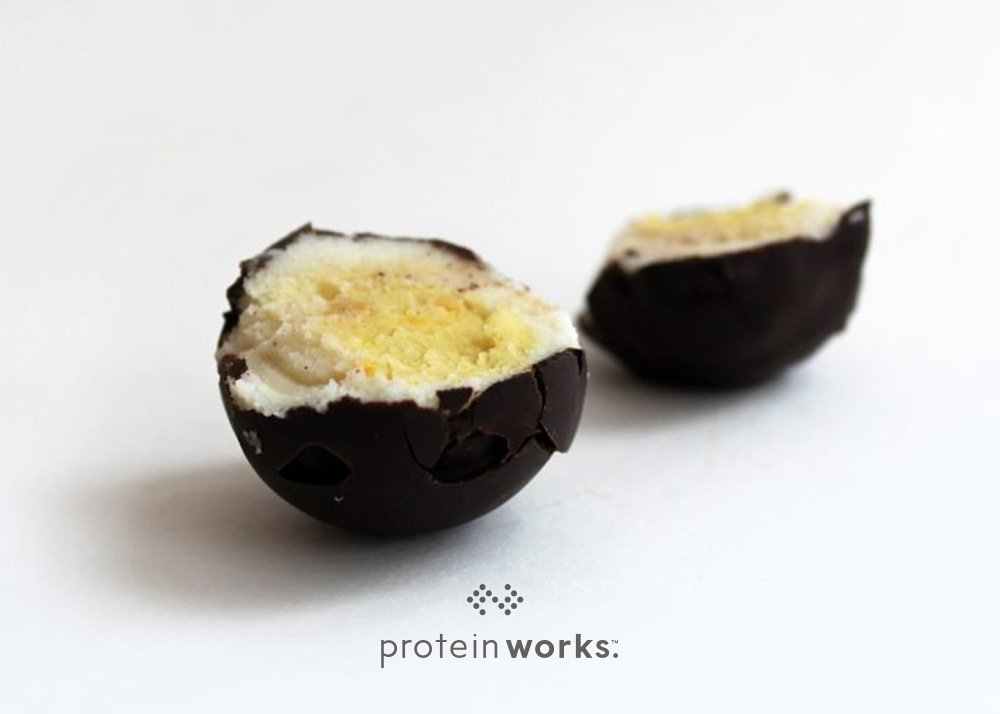
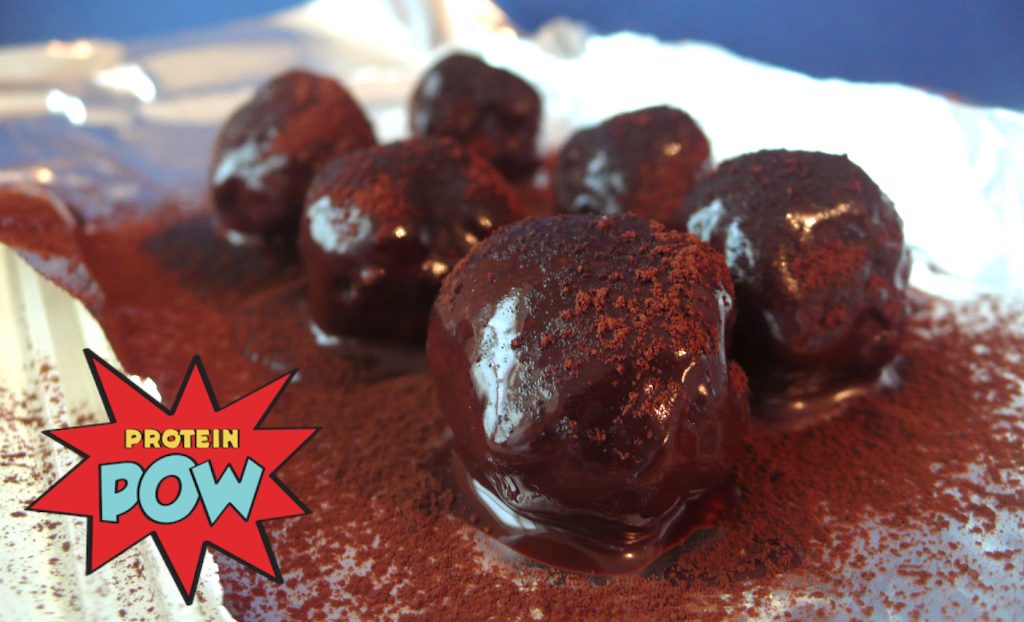


I always gaze longingly at the chocolate covered almonds…This is pure brilliance!
Whey protein is a good muscle enhancer but if not taken properly it may cause your kidney and liver to malfunction. Seek professional advise first to know the right amount of intake for your body type.
Thanks “Whey Protein Side Effects”. In addition to having conducted plenty of research, I have consulted several professionals (nutritionists and doctors) to assess the appropriate amount of protein intake for my body type. I am most certainly aware of the fact that one must take into consideration one’s body type, individual medical history, activity level and so forth to ascertain one’s protein needs (going of course also beyond protein to address one’s needs in relation to other macro AND micronutrients).